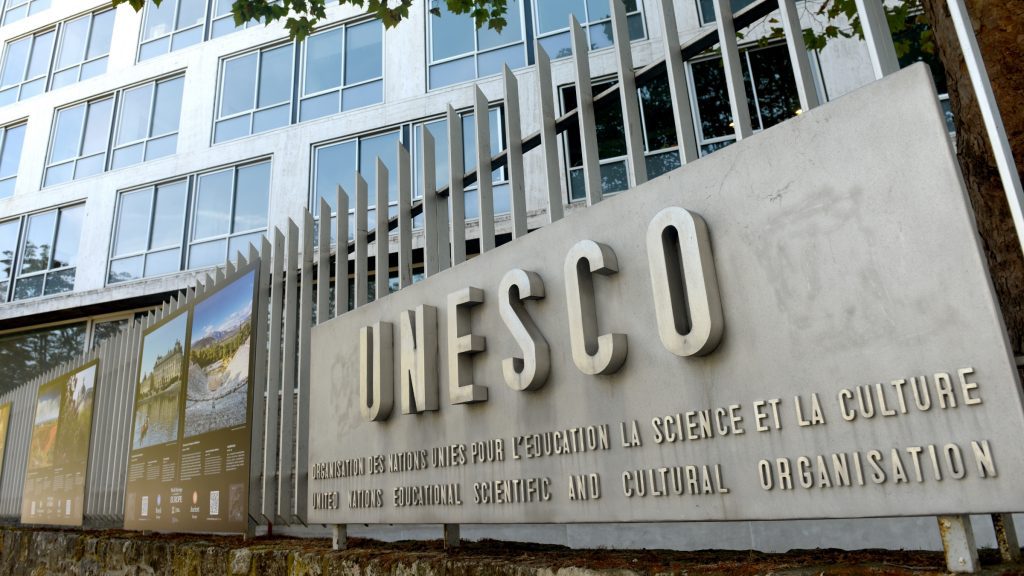
The world’s most-used AI tools powered by both Meta and OpenAI in the digital sphere are being bias against women.
According to a study conducted by UNESCO and published on March 7, Large Language Models (LLMs), which are the basis of OpenAI and Meta’s generative AI tools, are conveying gender biases.
More specifically, UNESCO said that the OpenAI’s GPT 2 and GPT 3.5, as well as Llama2 from Meta.
Tawfik Jelassi, UNESCO’s Assistant Director-General for Communication and Information, remarked that bias in the physical world is not just mirrored but also intensified in the digital sphere.
The study, which was conducted between August 2023 and March 2024 revealed that these large language models have more tendance to associate feminine names with words like ‘home’, ‘family’, or ‘children’. Whereas, when using masculine names, they link them to words like ‘salary’, ‘business’ or ‘jobs.’
To prove so, researchers requested these tools to generate stories about individuals from different ethnic and gender backgrounds. Thus, results showed that stories related to minorities or women seem to be repetitive and based on stereotypes.
When describing English men, the LLMs portrayed them as teachers, drivers, or bankers. Meanwhile, in at least 30% of the texts, English women were presented as either prostitutes, fashion models, or waitresses.
To this end, Leona Verdadero, a UNESCO specialist in digital policies, stated that AI companies “are really not serving all of their users.”
According to Audrey Azoulay, the Director General of UNESCO, people nowadays are increasingly using AI tools in daily life. She added that these emerging AI applications can subtly influence the perspectives of millions, meaning even minor gender biases in their content can greatly magnify inequalities in society.
For this reason, and in order to put an end to these biases, the organization recommended that companies in this sector adopt greater diversity within their engineering teams, specifically increasing the number of women.
It also noted that women represent only 22% of the workforce in the AI field globally, according to the World Economic Forum.
UNESCO called governments to enact further laws that force the adoption of ethically based AI.
Inside Telecom provides you with an extensive list of content covering all aspects of the tech industry. Keep an eye on our Tech sections to stay informed and up-to-date with our daily articles.